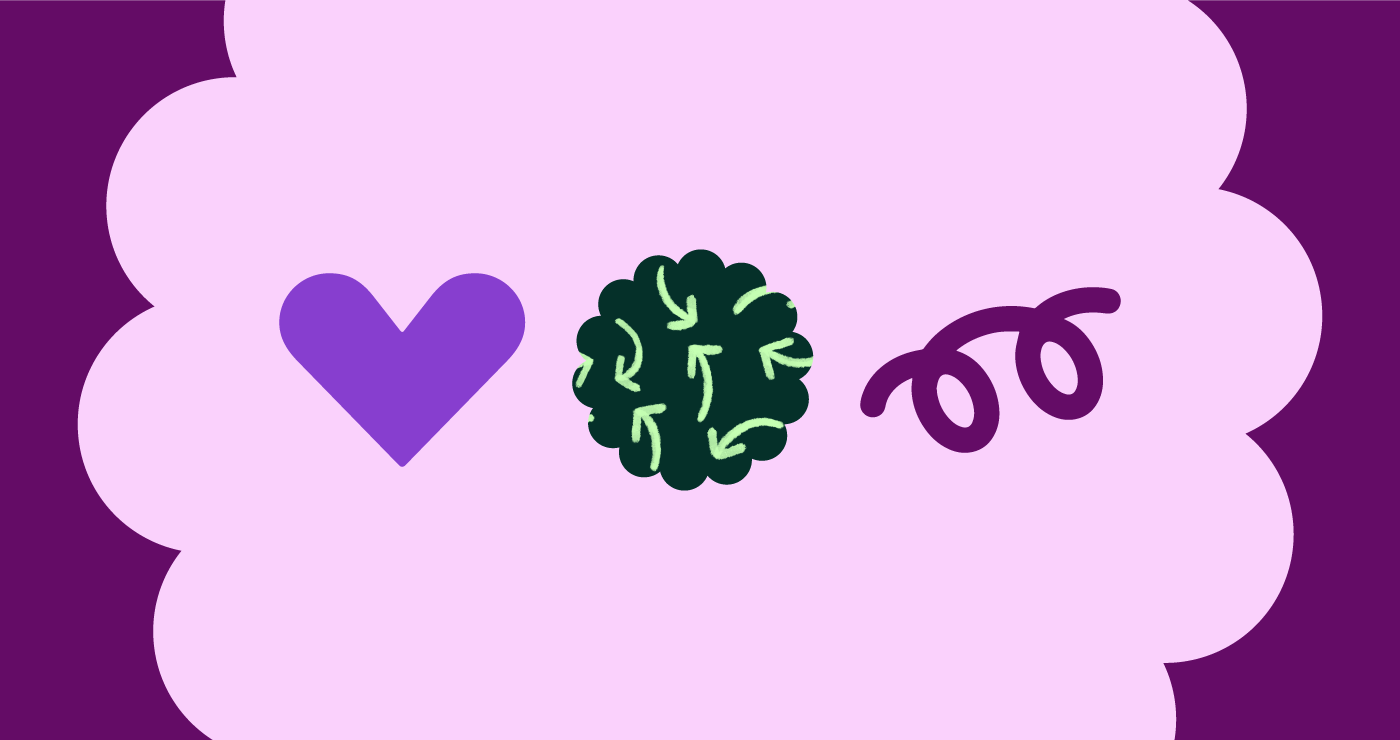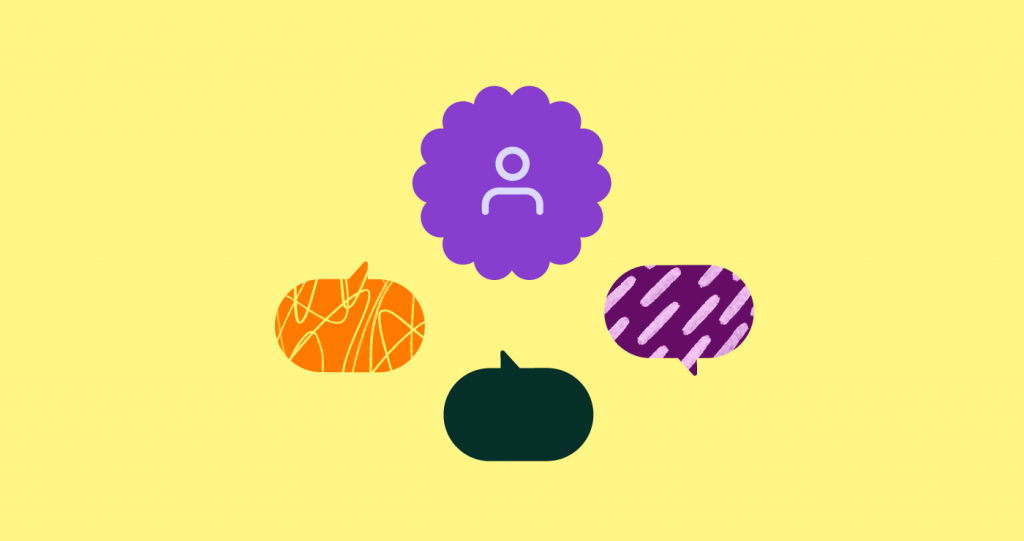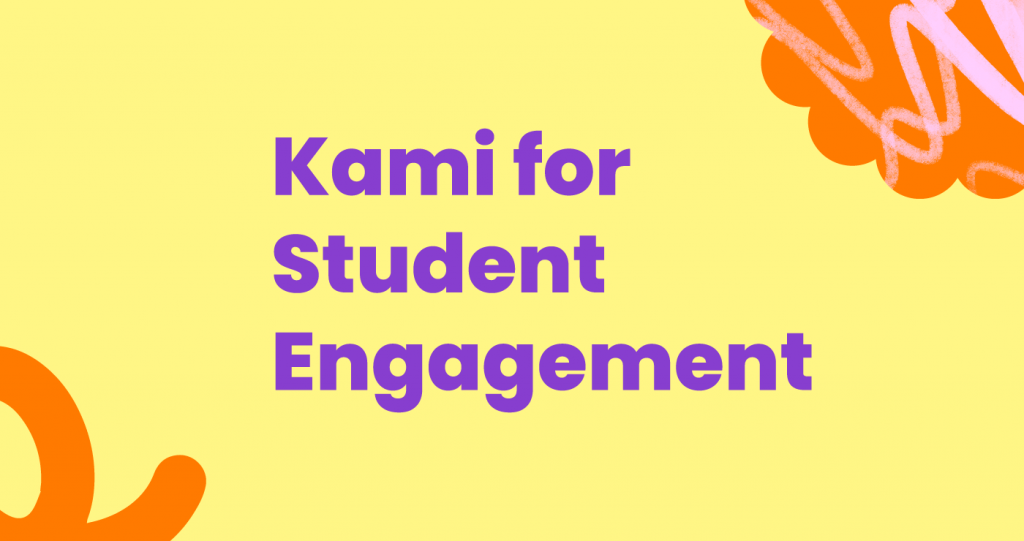Student engagement strategies and active learning are key to learners bringing their best selves to the classroom. It’s important to use diverse fun activities in your lesson plan to maintain active learning. We’re here to help you make sure you don’t run out of ideas. Check out our engaging activities for high school students:
Here are 5 icebreakers to start the lesson
1. Riddles
Have a daily riddle that the class solves before the lesson starts. They can break into small groups to brainstorm or call out answers for the whiteboard. Check out a collated list here to help you with riddle ideas.
2. Writing
Foster the habit of writing by giving a visual stimulus, such as an interesting photo, and asking your students to write something about it. Use this image generator to inspire the entire class and give them specific parameters about what you want to explore. Do this every day to develop their writing skills.
3. Discussion
Add all the questions you want to cover with your students to this editable spin wheel and give it a spin to start the class discussion.
4. Flash fiction
Flash fiction is about broad storytelling. Give your students a challenge to write a 6-word story. They can use any topic but stick to the parameters to introduce an idea, plot, and character. There are some fantastic examples here to get those creative juices flowing.
5. Human knot
This is a physical and fun activity to develop problem-solving skills. Ask the students to stand in a circle and join hands with two random people in the circle. This creates a human knot, and the goal is to untangle it. Make it competitive with larger groups by dividing students into smaller groups or pairs and seeing who can get untangled the fastest using those critical thinking skills!
10 Classroom activities to engage students
Now that everyone has warmed up review the below teaching strategies to spice up some learning activities with these ideas.
1. Host a Jeopardy quiz!
If you’re a fan of the tv show then put that fandom to good use and host a quiz on the topic you’re studying. This activity is ideal for when high school students need to get ready for a big test. Studies have shown that students that are quizzed are more successful. They can revise with index cards so they are really familiar with the topic beforehand. Divide the class up into two teams and draw a Jeopardy-style game on the board with titles based on the topics that will be covered in the test and quiz. Just like in the television show, each category should have points for each level of question. Keep it simple with 5, 10, 15, 20, and 25-point question levels. Give each team a buzzer from a board game or a bell for answering. The teams should consult with each other before buzzing in with an answer.
2. Play Guess Who
Learning who is who from history can get overwhelming so use this teaching strategy to help. Put those problem-solving skills to good use in history class (or others!). Describe a time, place, or person from history with only three clues. The entire class has to try to figure out who or what you are referring to, then race to the whiteboard to write the answer. The students can use their history books or clues around the room if they need to.
3. Journalling
Develop creative writing skills by asking each student to write a journal entry from someone else’s perspective. There are many famous diarists who provide key insight into life through history. You could allocate a different diary entry for each student and then ask them to read it in front of the class. For example, if studying the civil war you could allocate students to write as if they were soldiers, civilians, politicians, etc.
4. Entry tickets …and exit tickets
Put a stack of index cards next to your classroom door and write a question on the board. When your students come into class, hand out index cards, write down an answer to the question and hand it in —as their “entry ticket” to class.
The question should be something related to the day’s lesson, like “after last night’s homework assignment, what do you think about X?” or “after studying the material for today’s class, what are some areas you still need clarification on?”
Not only does this activity get your students engaged and interacting from the minute they walk into the classroom, but it also gives you valuable insights you can use to guide the day’s lesson plan.
When your students are getting ready to leave for the day, have them do the same thing—just with exit tickets (use Kami’s templates).
The same concept applies. Ask them a question about the day’s lesson, any questions they might have, or overall feedback—then collect their ticket before they head home. Reviewing their exit tickets will help you figure out where to adjust your lesson plan for the following day.
5. Brainstorming
Group brainstorming sessions are a great way to bring your students together to engage with whatever they’re learning. Instead of thinking about the topic alone at their desk, they get to expand their ideas with other students in small groups, which will help them be more engaged and gain a new perspective on the lesson. This is a fun way to develop helpful skills for high school students, especially around class discussion. Use Kami’s brainstorming worksheets for this activity idea.
6. Debate-style activity
Most students will have a view of what you’re learning. Use this to your advantage and create a school activity of debating the merits or detractions of whatever you are learning about. This is a good way to engage critical thinking skills as the best debaters will anticipate what the other person might say and be prepared. Get them to write down their main points on pieces of paper ahead so they can practice and be prepared for the debate. This can be done in front of the whole class and you can change the debaters each week.
7. Thumbs up / thumbs down
Thumbs up / thumbs down is a hands-on fun way to monitor if your students are following a story. Tell students to put their thumbs up if they agree with a statement or to put their thumbs down if they disagree. When students have a low energy level (maybe right after lunch?) Stand Up/Sit Down may be a better alternative.
8. Create a video lesson plan
Social media is a part of students’ lives, and those skills in making videos can be really helpful. Flip the tables and ask the students to put together a lesson on the specific topic. Ask the students to put together a video, and perhaps instigate a challenge to include certain vocabulary words you’re written on the whiteboard. This is a fun hands-on activity that could produce some great learning resources.
9. Think pair share
Think pair share can be used for a variety of topics; math problems, science processes, and reading. If you ask an open-ended question ask the students to think about it, then put them into small groups and let them discuss. Then ask all the students to contribute to the classroom discussion and share their thoughts in front of the class.
10. Roll the dice
High school students really respond to their learning when they feel engaged and part of it. Why not write down all the activities that you might have planned and number them? Then ask a student to roll the dice. Whatever number they roll is the activity you do for that lesson. You provide students with some potential impact on how they learn.
Get active
Student engagement strategies are a fun way to get the students learning and keep them engaged as their attention span might wane through the day (as might yours). It’s great to have lots of varied ways to engage the brain, body, and spirit. Please let us know on socials how you get on!








